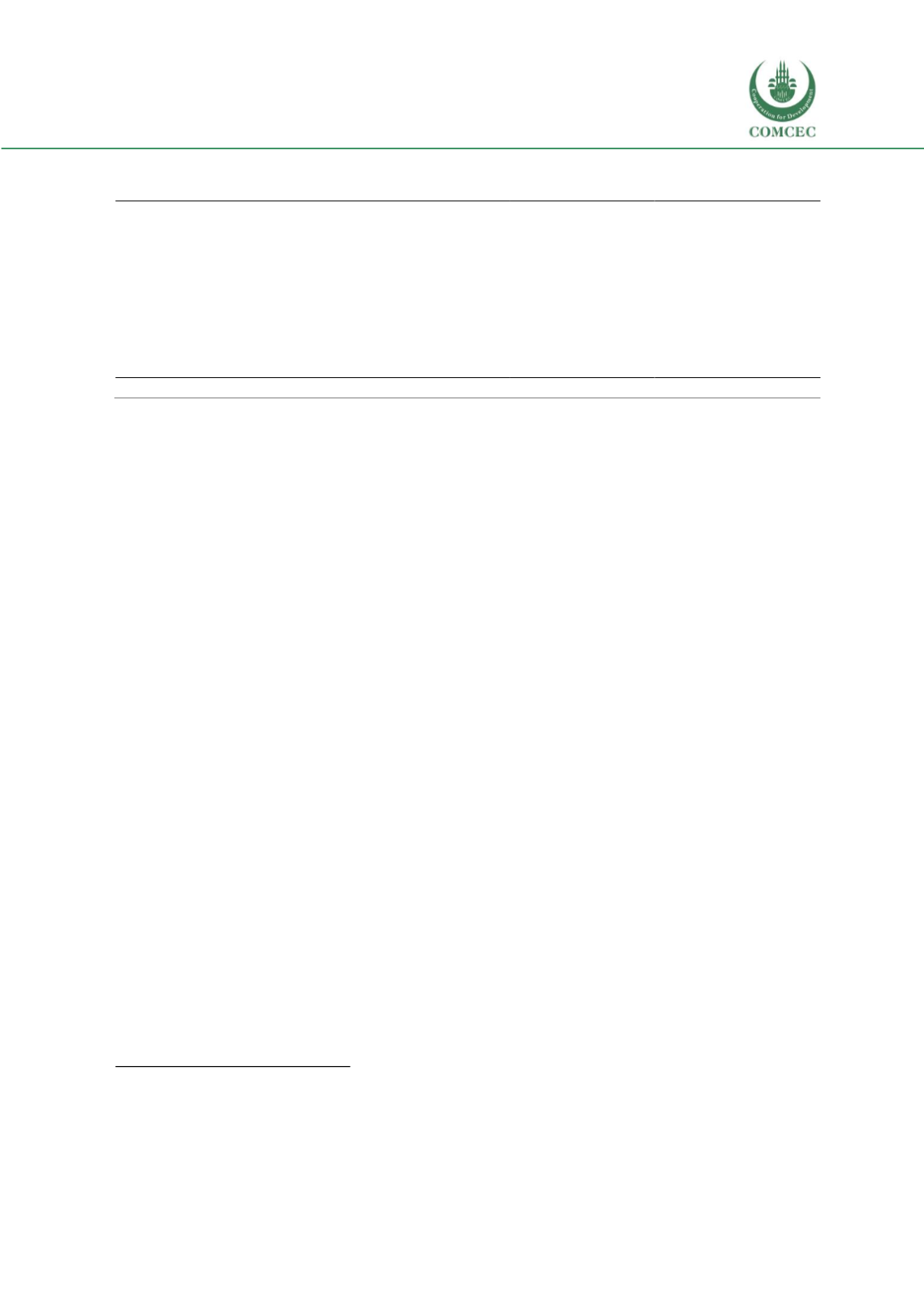

Education of Disadvantaged Children in OIC:
The Key to Escape from Poverty
137
Culture and parental attitudes:
Low parental education levels.
The NCFA 2012 found that parents with low levels of educational
attainment are more prone to sending their children to work and are less persuaded about the
benefits of education, passing on their negative perception on education to their children
359
.
These findings are corroborated by the findings in section 2.
Low quality of education
. This negative perception of education is not just based on the level of
education of parents. It is also linked to the low quality of the education system and weaknesses
in the system (see section 3.2 for governance failures and 3.3. for resource issues). As the majority
of students failing the
Tawjihi
exam are left with no clear alternatives, it is not always clear to
parents and students that there is a clear return to investment in education.
Low future job prospects
. In addition, even those who pass the
Tawjihi
and joining university, they
may not necessarily get a job given the oversupply of university students (and chronic
undersupply of skilled craftsmen and technicians)
360
. This mismatch of skills leads to high rates
of youth unemployment at 31.8%. With such dire prospects and in the face of economic
constraints, even more educated parents may not keep their low performing children in schools
and enrol them instead into apprenticeships or labour to ‘learn a skill’.
Traditions and society
. In certain sectors of society and occupations, it is often expected that the
child will work in the family business. This is particularly true when the family business is a shop
or farming. One UNICEF study finds for instance that: “
Jordanian children from families who raise
cattle are more likely to be involved in work than children who are not
”
361
.
Low parental involvement:
Finally, low parental involvement in schools and in supporting their
children leads not only to lower access rates (through higher risks of drop-out) but also affects
the quality of the education by way of weak school accountability for performance.
359
UNICEF (2014)
360
NCHRD (2016)
361
UNICEF (2014)
Table 19 Relationship between working children and their parents’ level of education
Education level
Father (%)
Mother (%)
Illiterate
18
26.7
Primary
22.7
24.7
Basic
22.0
18.0
Secondary
26.9
24.7
Diploma
4.3
3.3
Bachelor
4.0
1.8
Master
1.1
0.6
Source: NCFA (2012)
















